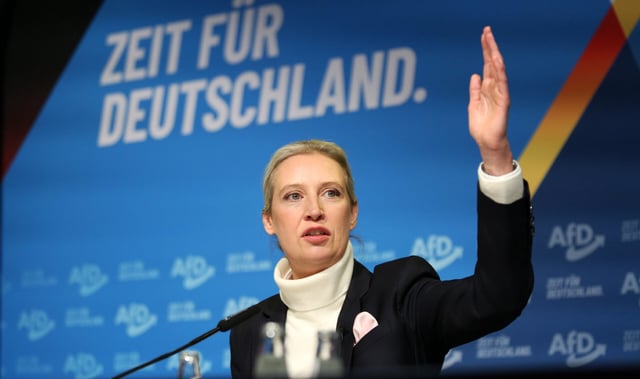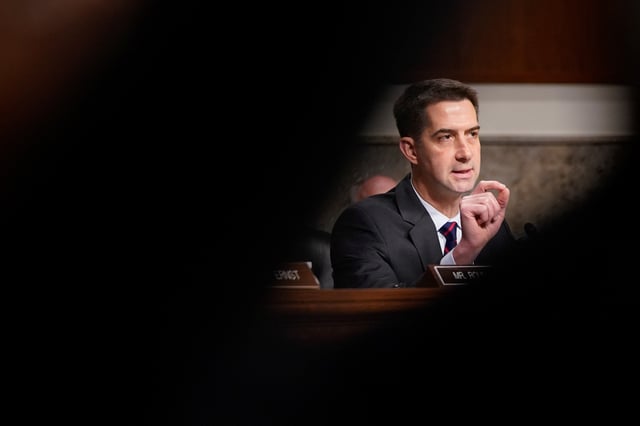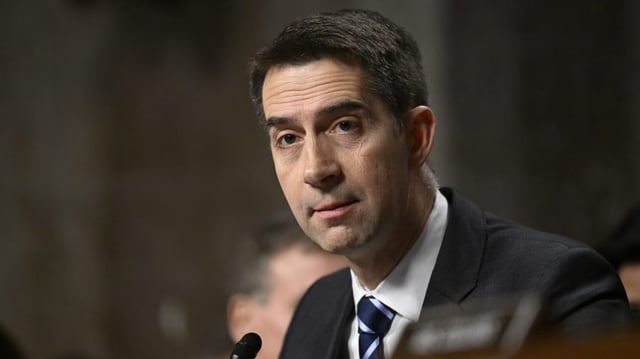Overview
- Germany's domestic intelligence agency, the BfV, has officially classified the Alternative for Germany (AfD) as a 'proven right-wing extremist organisation,' enabling expanded surveillance powers against the party.
- The classification has led to calls from multiple political parties, including SPD, Greens, Left, and CDU, to initiate a parliamentary vote to begin the process of banning the AfD, pending a Federal Constitutional Court decision.
- AfD leaders, including co-leader Alice Weidel, have condemned the move as undemocratic, while U.S. Secretary of State Marco Rubio has criticized it as 'tyranny in disguise.'
- The BfV has compiled a classified 1,100-page report alleging extremist activities by the AfD, but its secrecy has raised concerns about transparency and due process.
- The incoming coalition government remains divided on whether to act on the BfV's findings, citing risks of political backlash and the uncertain outcome of any legal proceedings.


